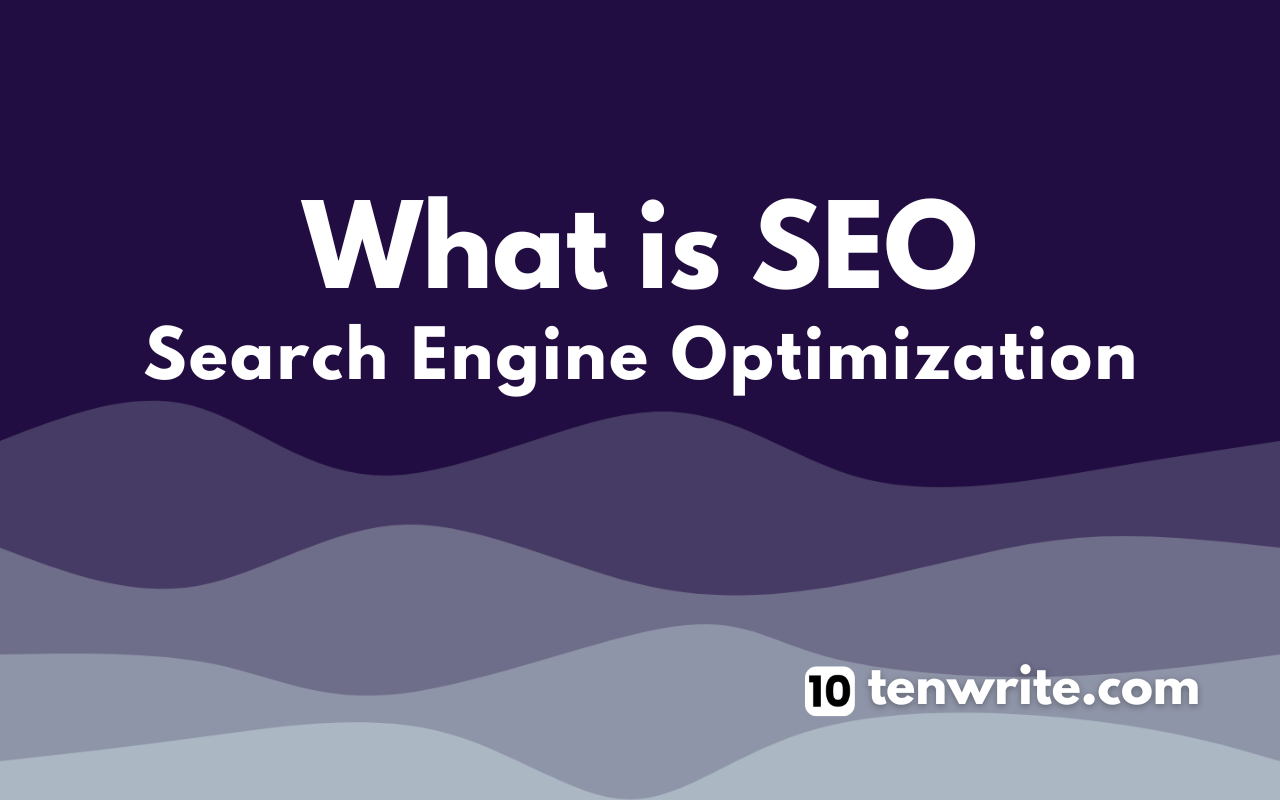Introduction
If you're a blogger or a business owner with a website, you've probably heard the term "SEO" before. But what is SEO, and why is it important? In this blog post, we'll explore the basics of search engine optimization (SEO) and provide some tips on how to optimize your website for search engines like Google.
What is SEO?
SEO stands for "search engine optimization." It's the process of improving the visibility and ranking of your website in search engine results pages (SERPs). When someone searches for a specific keyword or phrase on a search engine like Google, the search engine displays a list of relevant websites in the form of a SERP. The higher your website ranks on the SERP, the more likely it is that people will click on your website and visit it.
Why is SEO Important?
SEO is important because it can drive traffic and lead to your website. By optimizing your website for search engines, you can increase the chances that people will find your website when they search for keywords related to your business or blog. This can lead to more visits, more leads, and ultimately more revenue for your business.
Types of SEO
There are two main types of SEO: on-page SEO and off-page SEO. On-page SEO refers to the optimization of the content and structure of your website, while off-page SEO refers to the optimization of external factors that can impact your website's ranking.
On-page SEO includes things like optimizing your website's titles and headings, using relevant keywords, and making sure that your website is easy to navigate and use. Off-page SEO includes things like building backlinks (links from other websites to your website) and getting mentioned on social media. Both types of SEO are important for improving your website's ranking.
Tips and Reminders for SEO
- Conduct keyword research: Identify the keywords and phrases that people are using to search for content related to your business or blog. You can use tools like Google's Keyword Planner or Ahrefs to help you find the most popular and
- Use responsive design: More and more people are using their phones and tablets to access the internet. Make sure your website is designed to be responsive, meaning that it looks good and is easy to use on any device. This will help improve your SEO, as search engines favor websites that are mobile-friendly.
- Keep your content fresh and updated: Search engines prefer websites with fresh, regularly-updated content. Make sure to regularly add new, relevant content to your website to keep it fresh and improve its ranking.
- Don't try to cheat the system: There are a number of tactics that people have used in the past to try and "trick" search engines into ranking their website higher. These tactics, known as "black hat" SEO, are generally frowned upon by search engines and can even get your website penalized or banned. Instead, focus on creating quality content and building genuine, high-quality backlinks.
Conclusion
In conclusion, SEO is the process of improving the visibility and ranking of your website in search engine results pages. By conducting keyword research, optimizing your website's content and structure, and building quality backlinks, you can increase the chances that people will find your website when they search for keywords related to your business or blog. Remember to use responsive design, keep your content fresh and updated, and avoid trying to cheat the system. With a little effort and attention to detail, you can improve your website's SEO and drive more traffic and lead to your business or blog. Understanding and implementing SEO strategies can be complex, but the potential rewards make it well worth the effort. By staying up-to-date on the latest SEO trends and techniques, you can ensure that your website is optimized for search engines and positioned for success.

Leave a Reply